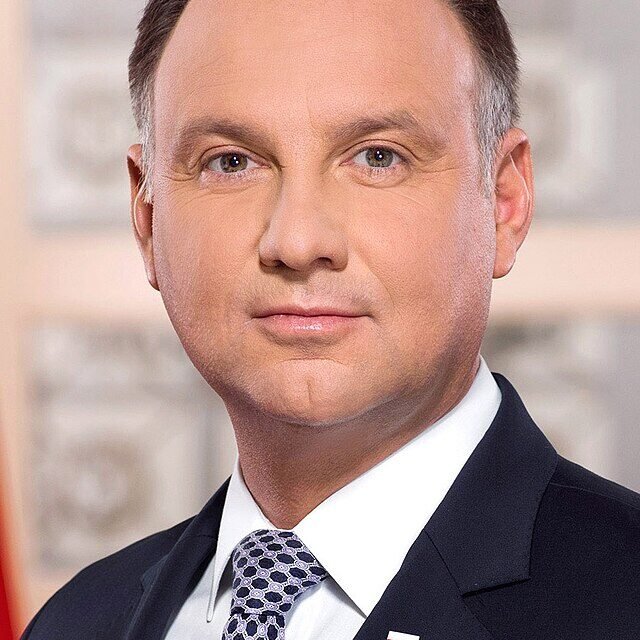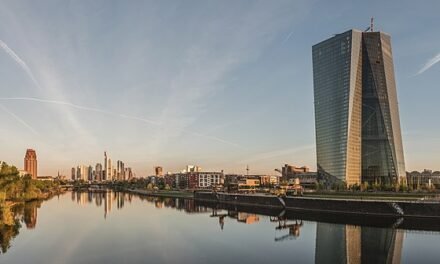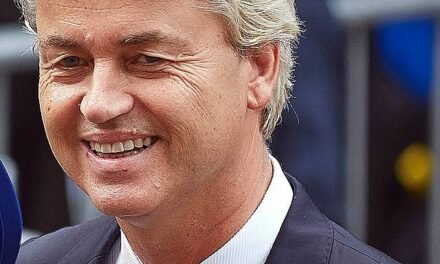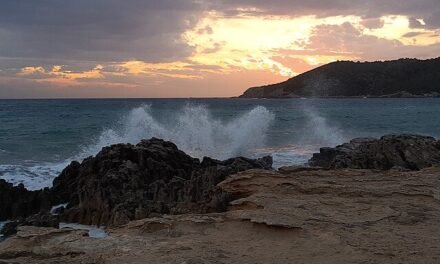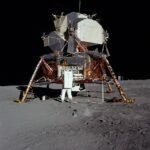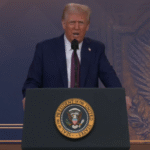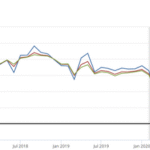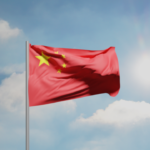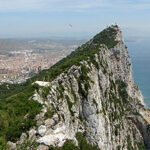In a tightly contested presidential election, Karol Nawrocki, a conservative historian backed by the Law and Justice (PiS) party, emerged victorious on June 1, 2025, winning 50.89% of the vote against Warsaw’s liberal mayor, Rafał Trzaskowski. For the people of Poland, this outcome ushers in a new era of political tension, as Nawrocki’s nationalist vision sets him on a collision course with Prime Minister Donald Tusk’s pro-European government. The result, announced on Monday, has left many wondering how this divide will shape the nation’s path forward.
The election was a nail-biter, seen by many as a judgment on Tusk’s 18-month-old coalition government. Nawrocki, a 42-year-old former boxer with a gritty, everyman appeal, campaigned on traditional Polish values, national pride, and a wary stance toward deeper European Union ties. His slim victory over Trzaskowski, who pushed for liberal reforms and stronger EU connections, has rallied Poland’s conservative heartland while frustrating Tusk’s hopes of advancing his agenda. Nawrocki is set to take office on August 6, replacing Andrzej Duda, whose frequent vetoes already slowed Tusk’s efforts to ease abortion laws and reform the judiciary.
Nawrocki didn’t mince words after his win. “Poland needs a leader who puts our people first, not foreign agendas,” he told a crowd of supporters in Warsaw, standing beside his wife, Marta, and their three children. “I’ll fight for our values and our sovereignty.” Tusk, looking resolute despite the setback, responded by calling for a parliamentary vote of confidence to strengthen his coalition’s standing. “We feel the weight of this moment,” he said, his voice firm. “But we’re committed to building a Poland that’s fair and strong for everyone.”
Poland’s deep political divide forms the backdrop of this clash. Since taking power in December 2023, Tusk’s coalition—a blend of centrists, leftists, and moderates—has struggled to undo the policies of the PiS government that ruled from 2015 to 2023. Those years brought stricter abortion laws, greater state influence over media, and judicial changes that drew sharp criticism from the EU for weakening democratic norms. Tusk’s pledges to liberalize abortion access and restore judicial independence have been stymied by Duda’s vetoes, and Nawrocki, seen as even more confrontational, is expected to block similar reforms with gusto.
The reaction to Nawrocki’s victory reveals Poland’s split soul. In Warsaw’s working-class Praga district, supporters danced and waved Polish flags outside Nawrocki’s campaign office. “He’s one of us, someone who understands our struggles,” said Anna, a 38-year-old teacher. Across the city, Trzaskowski’s backers mourned. “This feels like a step backward,” said Kasia, a 29-year-old artist. “I wanted a Poland open to the world.” Internationally, European populists cheered Nawrocki’s win, while EU leaders expressed hope for continued partnership despite his euroskeptic rhetoric.
The consequences are weighty. Nawrocki’s veto power could halt Tusk’s plans to legalize same-sex partnerships, expand abortion access, or push green energy projects like wind farms. His skepticism toward the EU may also strain Poland’s role in the bloc, where Tusk has worked to rebuild trust. Ties with Ukraine, complicated by public exhaustion over hosting over a million refugees, could face new hurdles, as Nawrocki has opposed Ukraine’s EU and NATO bids while supporting military aid. Ukraine’s President Volodymyr Zelensky congratulated Nawrocki, urging him to keep Poland as a “pillar of European security.”
Looking ahead, Poland braces for political gridlock. Tusk’s coalition, though likely to pass its confidence vote, lacks the three-fifths majority needed to override presidential vetoes. Some warn Nawrocki could use his powers, including vetoing the budget, to force a snap election before 2027, potentially paving the way for PiS’s return. Ordinary Poles, like Marek, a 52-year-old farmer, feel caught in the crossfire. “I just want leaders who work for us, not against each other,” he said. As Nawrocki prepares to take office, Poland faces a question that weighs heavy on its people: can this divided nation find common ground, or will the rift only grow deeper?

